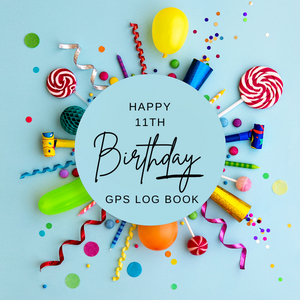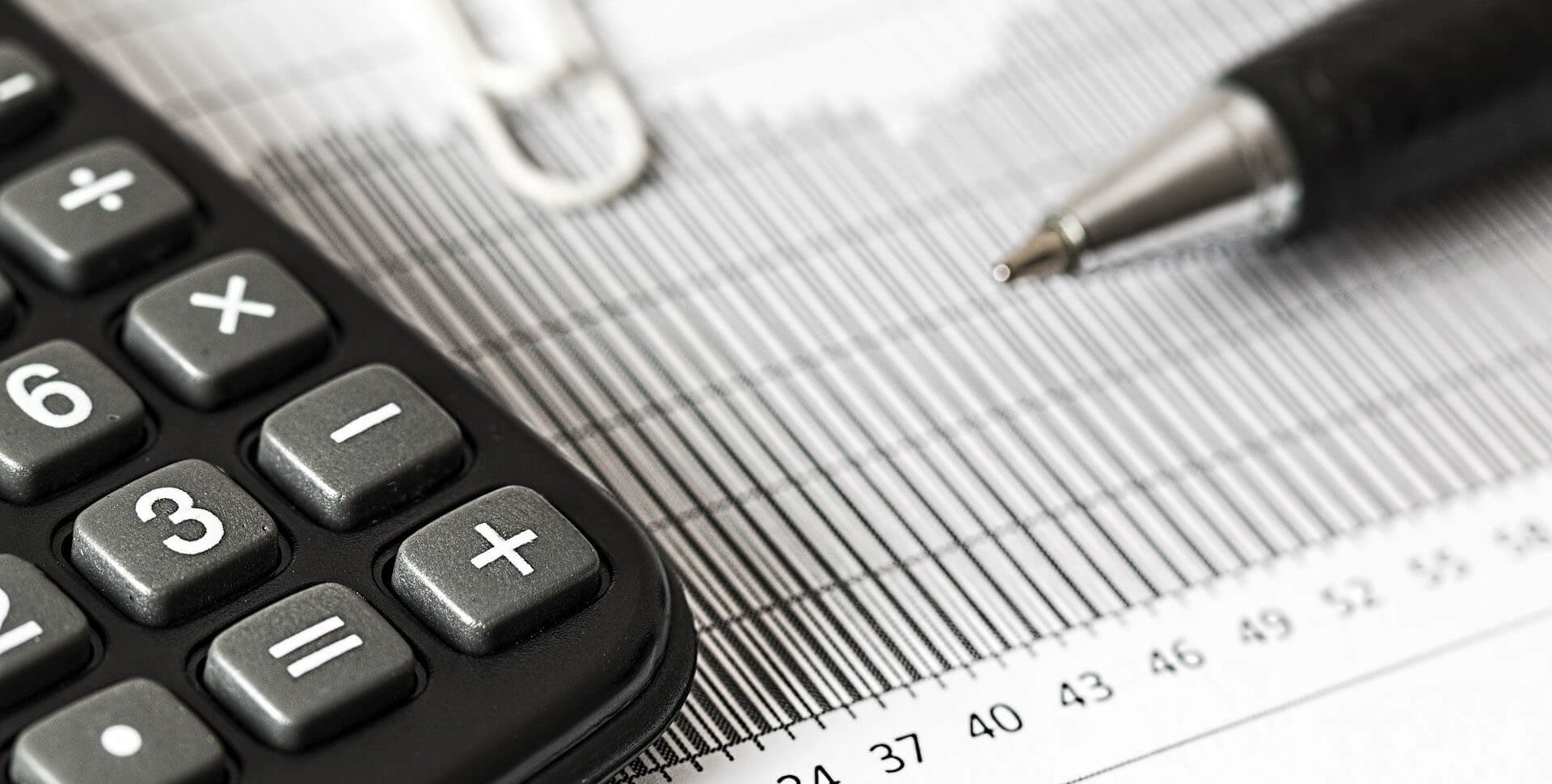Now’s the time to spring clean… your slips!
Think about how many times, each day, you’re handed a cash slip when making a purchase. Without thinking how important that tiny slip of paper is, most of the time, it gets crumpled up and tossed into your cubbyhole or the nearest bin. Did you know, that research indicates that 90% of consumers would rather have digitally stored receipts than collecting paper ones, and 50% would rather buy from companies that offer a digital receipt option?
Now that it’s Spring we usually all spring clean different aspects of our lives – but have you ever thought about doing the same with your slips by making them digital?
Millions of tons of paper are wasted each year from the production of slips that merely get thrown away. Only 1% of all slips collected, serve a purpose. However, in the past, if you travelled for business, it was important to keep all your slips so that you could complete and submit an accurate tax return. However, in today’s ever-evolving technological landscape, this is no longer necessary.
Through advanced technologies, such as electronic logbooks, you are able to log your business and private travel, as well as capture odometer readings and vehicle expenses from the convenience of your phone. This means, no more paper, pens or hundreds of slips lying around your car and most importantly; a clean, SARS compliant, tax return for all your travel expenses.
In fact, it is not only about managing all those slips. By using an electronic logbook, the average driver who travels for business and records these trips accurately can earn R17 000* back on their tax return.
With some of these devices, you can simply plug them into the lighter socket in your car and it will effortlessly manage your trips electronically.
There are many benefits to using an electronic logbook, including:
- Categorising and saving your trips as business or private.
- Trip data can be stored in the cloud for up to 5 years and you can be assured that your data is secure.
- When submitting a tax claim, the minimum information required includes the date for each trip, where the trip started and ended, how many kilometres were travelled per trip and the reason for travel – business or private.
- With the touch of a button, you can create a fully SARS compliant report.
With the tax season in full swing, there is no better time than now to consider technology that helps you spring-clean your travel tax return. Investing in a technology device that enables this is not only affordable but, most importantly, takes the pain out of keeping a logbook.
Regards,
The GPS Log Book Team
Sources:
- Mweb
-
Mail & Guardian* This is based on the following R17k rebate criteria:
- Sample of 432 vehicles in 2015/2016 tax year
- Total average kilometres driven in tax year: 24 800
- Percentage that were business trips: 35%
- Average value of the vehicle: R80 000




